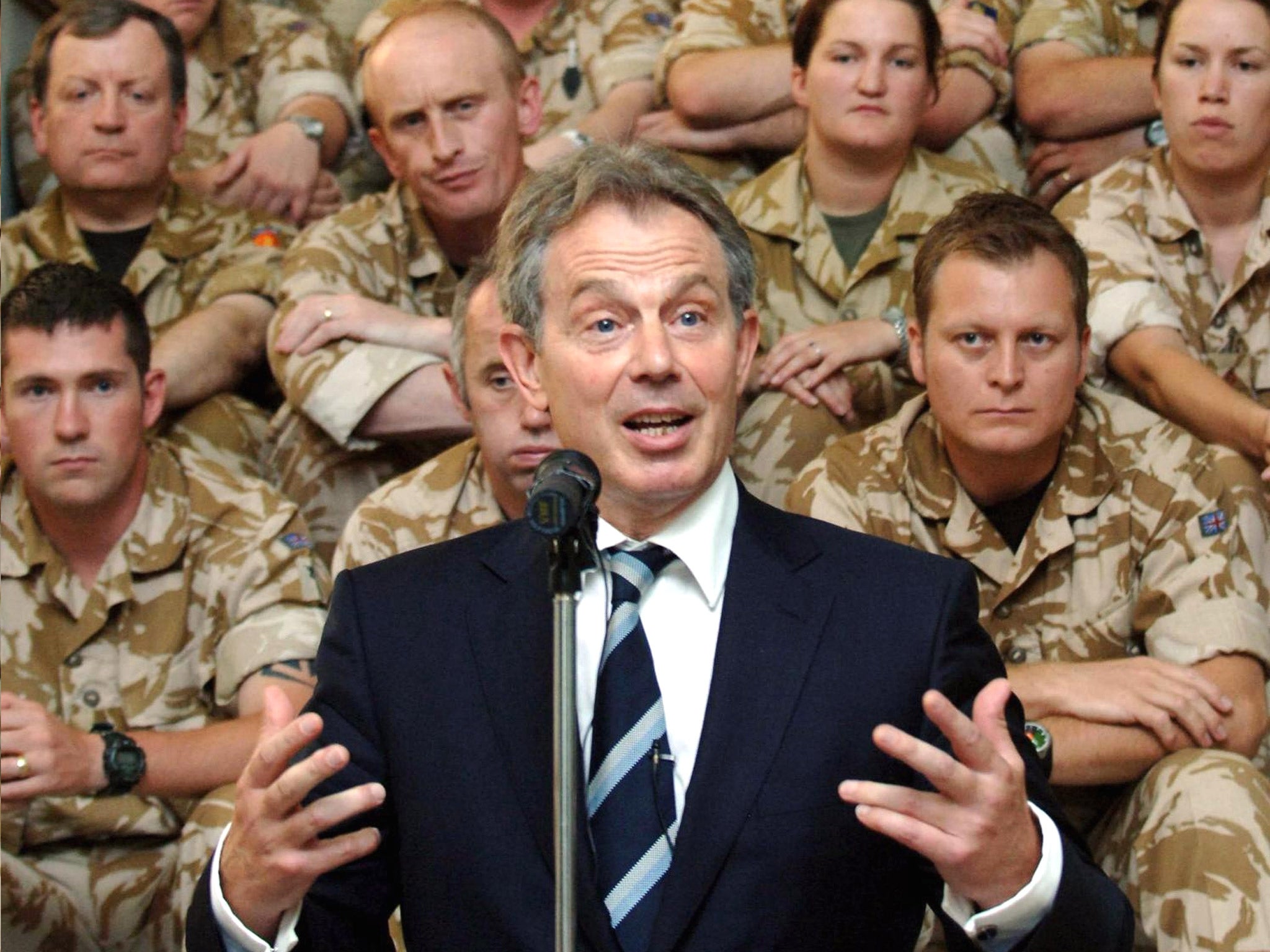Chilcot Inquiry: What is it, when will it be published, and what will it say? Everything we know so far
There is a huge amount of speculation about what will be in the report

What is the Chilcot Inquiry?
The Chilcot Inquiry was set up in 2009 – by Gordon Brown to examine whether there were broader lessons to be learnt from the Iraq War.
Chaired by the former Whitehall mandarin Sir John Chilcot its terms of references were to “consider the period from the summer of 2001 to the end of July 2009, embracing the run-up to the conflict in Iraq, the military action and its aftermath”.
The inquiry has been looking at “the way decisions were made and actions taken”, to establish what happened when and “identify the lessons that can be learned”.
When will it be published?
After years and delays and criticism the final inquiry will be published on 6 July. At 2.6 million words long it is four times the length of Leo Tolstoy's War and Peace.
What will it say?
There is a huge amount of speculation about what will be in the report – but the truth is no one other the Inquiry panel itself knows for certain.
Most of the speculation has been around the criticism that Tony Blair is likely to face for the decision to take Britain to war. But he is likely to be far from the only person and institution criticised. Britain’s military leadership at the time are understood to be in line for rebuke for failing to provide good enough assessments of the problems that were likely to occur post invasion and for being too quick to say yes to politicians. They will also face criticism for the British occupation of Basra and later ignominious withdrawl.
The Iraq War: A timeline
Show all 16Britain’s intelligence services are also expected to be criticised for not caveating intelligence that was later used by minister in the famous "45 minute claim".
The Foreign Office – and in particular the former Foreign Secretary Jack Straw could also be in the line of fire. Earlier this year it was claimed that Mr Straw has been sent a 5,000-word letter by the Chilcot inquiry listing alleged failings.
Mr Straw, who became Foreign Secretary in 2001, is understood to be at risk of criticism over his handling of the run-up to conflict in 2003 and his department’s role in the British occupation of Basra afterwards.
What will the consequences be?
Chilcot has made it clear that the inquiry “is not a court of law”, and so cannot and will not discuss criminal culpability.
However it adds: “If the Committee finds that mistakes were made, that there were issues which could have been dealt with better, it will say so.” It is very unlikely that either Mr Blair or any other figure criticised in the report will face criminal charges as a result of its findings. However that will certainly not stop them being judged in the court of public opinion.
Subscribe to Independent Premium to bookmark this article
Want to bookmark your favourite articles and stories to read or reference later? Start your Independent Premium subscription today.

Join our commenting forum
Join thought-provoking conversations, follow other Independent readers and see their replies